E3 this year was a mixed bag of both good and bad. The video game market seems to be in this perpetual shift as several corporations compete with each other to win over the "casual" and "core" audiences. This trend was made apparent in the press conferences that Microsoft, Sony, and Nintendo held this year at E3. As I watched each of their conferences, I noticed that they addressed their current issues more often than they actually showed off their current strengths. I'll just briefly go over each one and explain how I thought they were and what my expectations currently are:
Microsoft: First to the plate was Microsoft. They introduced their big games and system changes early on, then quickly sank into pitching for their peripheral, the Kinect. With that and other instances of change, Microsoft has been trying hard to move from a "strictly business" type of company to a "social interactive" one. This has only alienated people who might have already been comfortable with the current paradigm and really cannot relate to the new changes coming for the more casual audience. Much of the ridicule for Microsoft's conference came from the childish nature of the games presented for the Kinect and just their general emphasis on the Kinect itself. The Kinect device tries to be innovative, but just looking at the demos provided during the conference, I wasn't really convinced; although, great fun was to be had at the employment of child actors and the facade they displayed while they tried out a demo of
Disneyland Adventures.
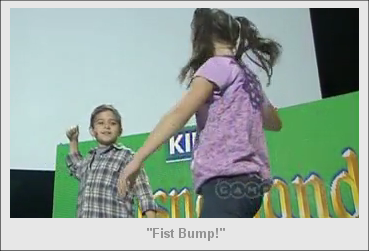
That alone overshadowed what the rest of the conference had to offer, but aside from that, there wasn't much new introduced in terms of new original video game franchises, but that problem wasn't only limited to Microsoft this year. At the end of the conference, Microsoft ended things with a new
Halo 4 announcement, but this announcement was underwhelming for me as it had been
leaked earlier on Xbox's website. Despite the mediocre conference Microsoft gave this year at E3, there are still plenty of interesting games that are to be released in the future, games that were not mentioned at the conference.
Sony: I thought Sony's press conference was pretty strong, given the fact that the company had just suffered its biggest PR crisis to date, known as the PSN outage. The president/CEO of SCEA came out and immediately addressed the subject by issuing a formal apology. I thought it was very humbling and appropriate, despite already hearing an apology from just about every executive from Sony. After all the formalities were taken care of, Sony introduced a few of its big games for the year, mainly
Uncharted 3, and Sony's continual drive for 3D entertainment was shown with the offering of a
PlayStation TV bundle pack with a sweet price tag. The new television was particularly interesting because of its ability to allow two gamers to view completely different images, thus eliminating the need for split screen. That is probably the first time I've seen a real use for 3D, that at least interested me. A few games were introduced to garner up support for Sony's PlayStation Move, then they introduced their new framework,
the PlayStation Suite. The PlayStation Suite seems to be an attempt to diversify and capture new audiences who have preferred gaming on their Mobile devices, or who have otherwise not involved themselves with handheld/console gaming. With that business taken care of, Sony thereafter sifted its focus to its new showpiece, the
PlayStation Vita.
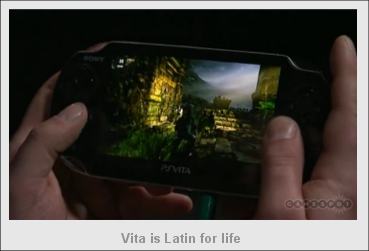
The PlayStation Vita looks to be a handheld with a lot of promise. The touch capabilities on the main screen may be a hindrance, as your hand glides over the screen and possibly obstruct your view, but it could work, given enough ingenuity. The main selling point here though was the price: there were two different prices, $249 for the wifi model, and $299 for the 3G model provided by AT&T. A pretty low price that matches the price of the 3DS. However, when AT&T was announced as the provider, a lot of audible sighs of disappointment prevailed throughout the room. Some people may not like AT&T because of past experiences with them, but I wasn't happy with the choice simply because AT&T isn't available in my area. Afterwards the Street Fighter producer came onto the stage and finished off the show by presenting his new
Street Fighter vs. Tekken game. The conference overall made me feel a bit excited about what was in store for its handheld, but a lot of
anticipated games were missing from the conference which left a lot of us wanting more.
Nintendo: Lastly, comes Nintendo's conference. Out of all the conferences, Nintendo's personally made me feel the most comfortable and satisfied. I enjoyed the orchestrated Intro, celebrating The Legend of Zelda franchise's 25 anniversary. Furthermore, there was a lot of neat games introduced for the 3DS. On the other hand, the Wii got almost no attention. Perhaps merely a testament to the console's recent decline. Which hurts because recently I haven't had good reasons to pull out my console and play it once more. One of the main reasons why the Wii got no attention was because Nintendo was focused on an entirely new project. The president/CEO of Nintendo spoke of making an experience that would affect a wider audience. Perhaps that is one of the reasons why I felt satisfied with the Nintendo's conference, considering that Nintendo had already captured the casual audience, its main focus was now at getting the attention of the core audience. Nonetheless, Nintendo had finally unveiled its new console, the
Wii U. The Wii U is Nintendo's attempt at capturing the entire market and it's a pretty risky gamble. The controller again, is what sets this apart from the rest of the consoles out there today. With its 6.2 inch touch screen, the Wii U's controller size is pretty formidable. By looking at the controller size and button placement, it almost seems awkward to hold. Still, there are many different ways to use the controller and if developers really take the time to cater their games towards this new controller then it could turn out to be a great asset that really adds to the experience. Nintendo's gamble here is whether or not third parties will jump on board, but many have already pledged their support for the new console. I believe that to be one of the strong points of the conference that left a lot of people surprised, the support of third parties on the Wii U.
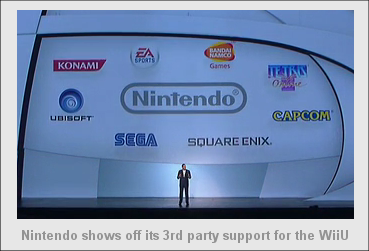
Nintendo's conference was pretty quick and to the point, so it ended almost an hour earlier then the others. They might have been able to use that time to introduce the Wii games that they left out of their conference, and they also left a lot of details out about the Wii U, such as the price. There is still a lot left for Nintendo to explain, and it'll have to do so in the months to come. To summarize, all three companies focused on their issues and paved the way for more customers. In some cases, it might have cost them a good conference. In others, it may have opened new opportunities. This year and the years before at E3 have shown how over the past few years the video game market has been transformed into something dynamic and ever changing. Perhaps the introduction of new audiences might lessen the experiences of those of us who are more acquainted to video games, but in the root of it all, it depends on what each of us is interested in.
Quite the first entry, hopefully I'll be able to keep up with this. Thanks for reading! 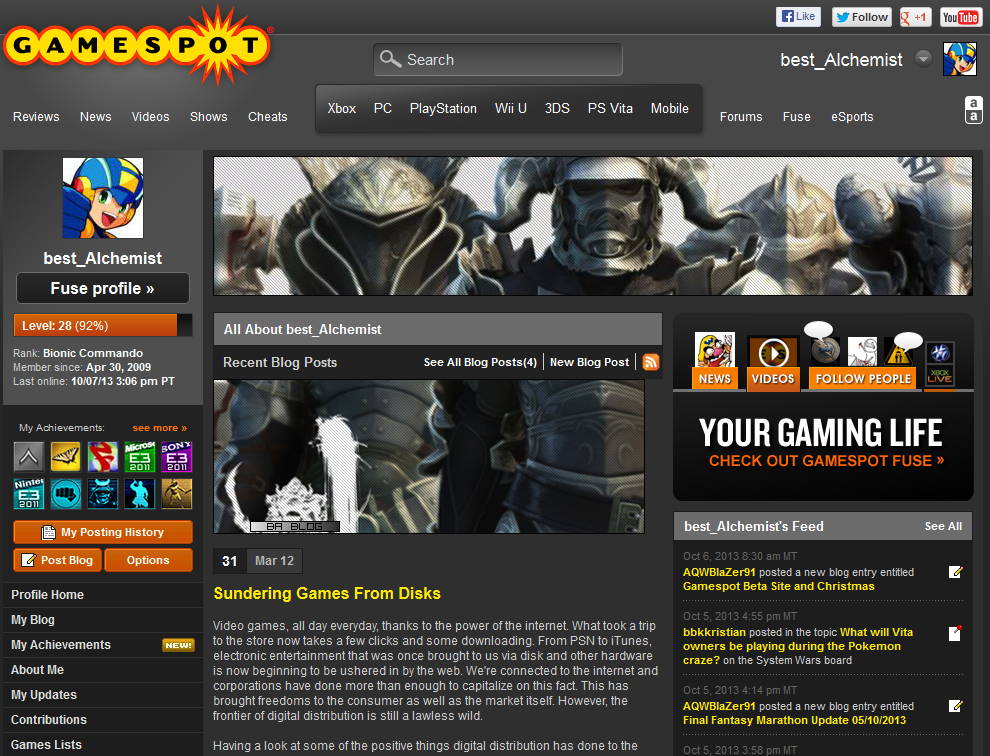

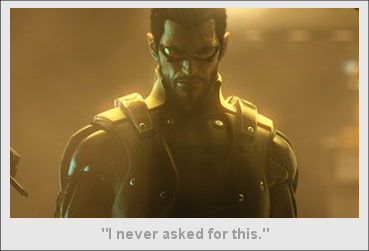
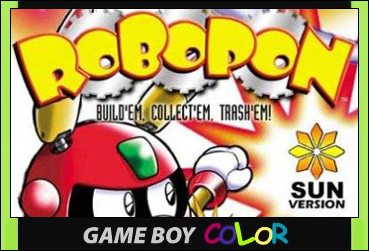
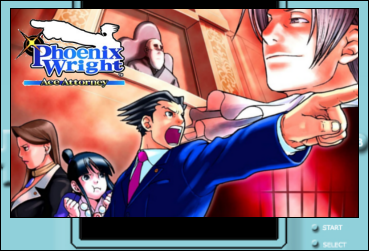
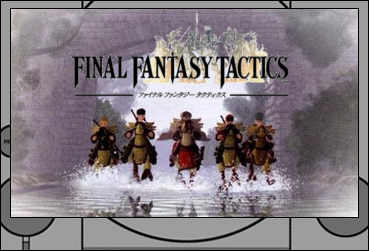
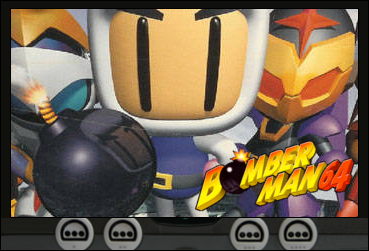
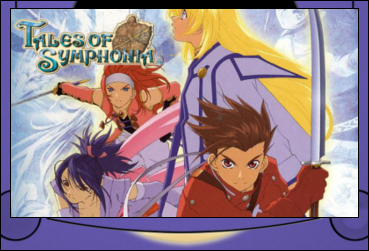
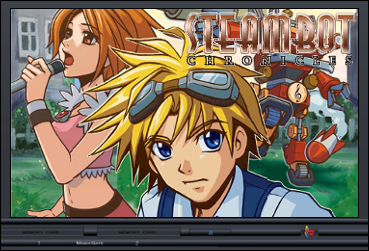
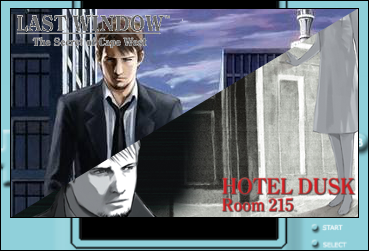
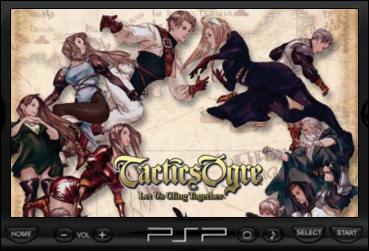
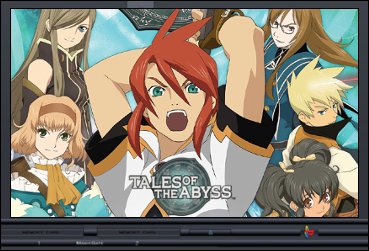



Log in to comment